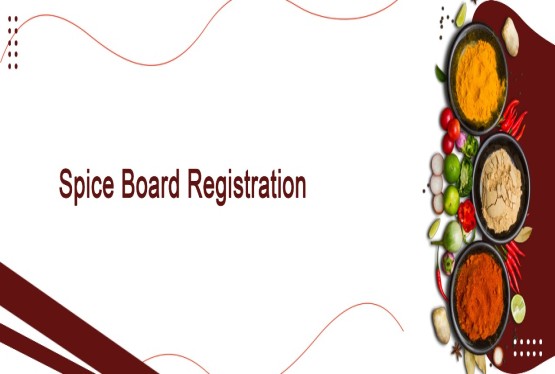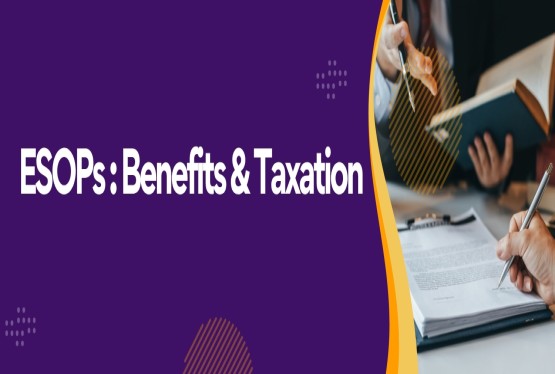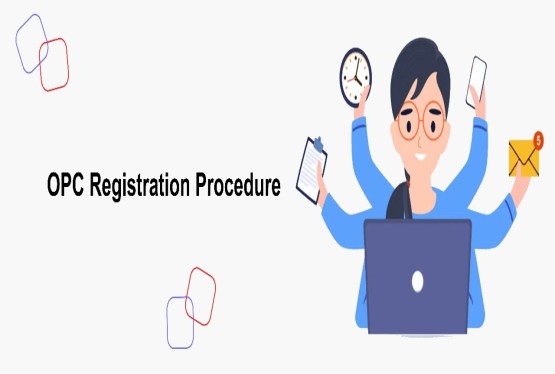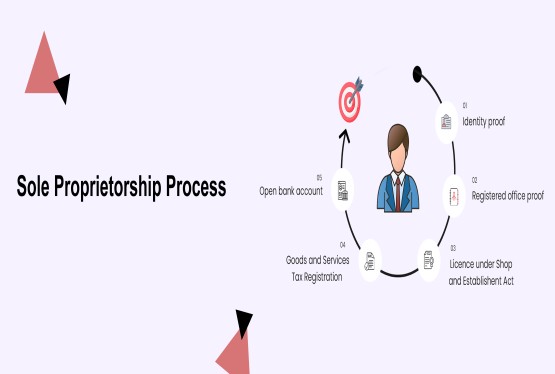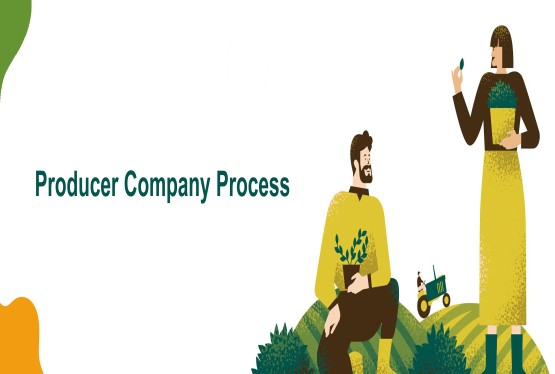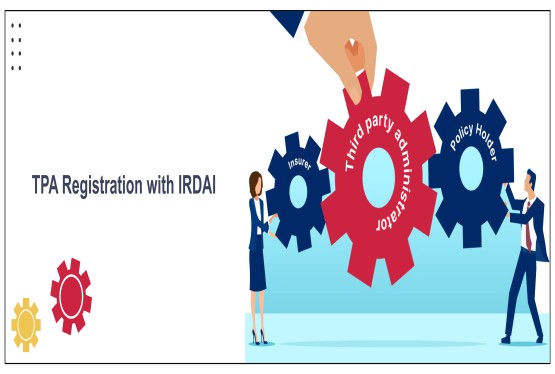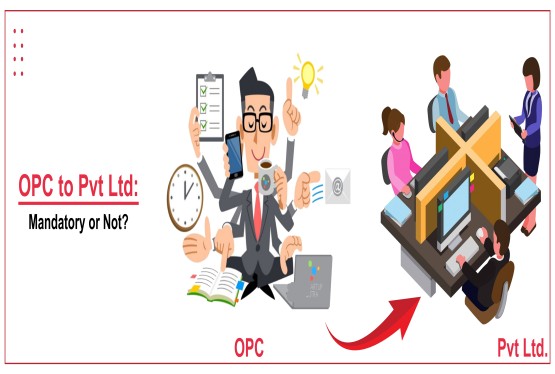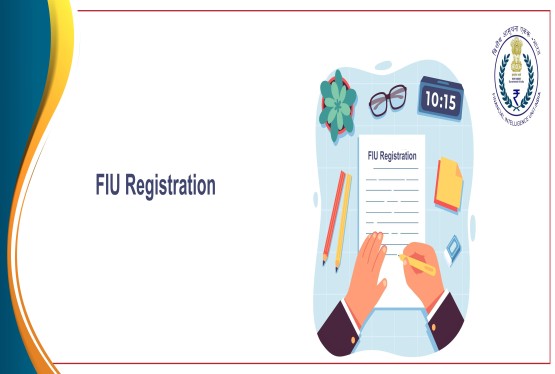The Food Safety and Standards Authority of India (FSSAI) has introduced a significant mandate requiring licensed food manufacturers, importers, repackers, and relabellers to submit quarterly data on rejected and expired food items through its Food Safety and Compliance System (FoSCoS). This initiative, announced on December 16, aims to enhance food safety and curb the misuse or resale of such products for human consumption.
Objectives of this Reporting
The directive seeks to prevent the rebranding or resale of expired and rejected food items under the guise of animal feed or other purposes. It emphasizes the safe disposal of these items, ensuring they do not enter the supply chain for human consumption.
Key Reporting Requirements
Food businesses must report the following:
1. Quantity of Rejected Items: Data on products that failed internal quality checks or inspections.
2. Quantity of Expired Items: Details of items removed from the supply chain due to expiry.
3. Disposal Records: Comprehensive information on the disposal of rejected and expired items, including destruction, auction, or alternative use. Specific details such as buyers and waste disposal agencies must be documented.
Implementation and Compliance
While the FoSCoS reporting function is still under development, FSSAI has directed food businesses to start collecting the required data to facilitate timely compliance when the system becomes operational.
Food Safety Practices & Regulations
This initiative is rooted in the Food Safety and Standards Act, 2006, and related regulations:
-Section 26 and Section 27 of the Act: Mandates food business operators (FBOs) to ensure the safety and quality of their products.
-FSS (Licensing and Registration of Food Business) Regulations, 2011: Specifies standards for segregation, storage, and disposal of rejected or expired products, including adherence to FIFO (First In, First Out) and FEFO (First Expire, First Out) principles.
Recent Developments in Food Safety
In a related move, FSSAI reclassified packaged drinking and mineral water as high-risk food categories. Effective from November 29, the reclassification imposes stricter regulatory controls, including mandatory third-party audits and annual inspections.
Enhancing Traceability and Accountability
The quarterly reporting system will allow FSSAI to:
-Improve Traceability: Enable real-time tracking of rejected and expired food products and their disposal.
-Promote Transparency: Ensure accurate documentation and prevent misuse of food products.
-Align Industry Practices: Strengthen compliance with existing legal and regulatory standards.
Responsibilities for Food Businesses
Licensed food operators are required to:
-Consolidate data on rejected and expired items.
-Comply with FIFO and FEFO storage principles.
-Maintain accurate records to support seamless reporting and compliance.
Conclusion
This mandate emphasized FSSAI’s commitment to safeguarding public health by ensuring that rejected and expired food items are responsibly managed. By fostering accountability and transparency, it aims to uphold high food safety standards and protect consumers from potential risks.
Food businesses are urged to align with the guidelines promptly to support the FSSAI’s mission of delivering safe and high-quality food to the nation.
The advisory highlights persistent challenges in the food industry related to the improper handling of rejected and expired food items, which can lead to misuse and pose threats to consumer safety and public health. To address these issues, FSSAI has mandated quarterly reporting to enhance accountability and transparency in managing such items, ensuring their safe disposal or responsible repurposing.
The directive has been distributed to all FSSAI-licensed food manufacturers, importers, repackers, and relabellers. Additionally, copies have been shared with the Commissioner of Food Safety across all states and union territories, as well as the directors of FSSAI’s regional offices.
FAQs
Q1. What are the qualifications for the person in charge of operations for a Relabeller?
Ans: According to FSSAI Order No. 1(5)/Enf-1/FSSAI/2012 dated 25.04.2013, a Relabeller must nominate one officer to ensure compliance with licensing conditions across all relabeling units. Since Relabellers do not own manufacturing units, they are not required to appoint a person with specific qualifications for operations. Instead, the nominated officer responsible for license compliance can also act as the person in charge of operations for filing Form B for licensing.
Q2. Is it compulsory for food businesses to include the FSSAI license or registration number on receipts, invoices, or cash memos?
Ans: Yes, it is mandatory for all food businesses to display their 14-digit FSSAI License or Registration number on receipts, invoices, cash memos, and bills. If an operator issues two transaction documents, such as a transport challan and an invoice, the FSSAI number must appear on both. However, government-generated documents like GST e-way bills are exempt. Refer to FSSAI Order No. 15(31)2020/FoSCoS/RCD/FSSAI dated 8th June 2021 for more details.
Q3. What category should be selected if I get my food products manufactured by third-party manufacturers?
Ans: Businesses outsourcing the manufacturing or packaging of their food products to third-party manufacturers are categorized as ‘Relabellers.’ They must apply for a license under the Relabeller category within the Manufacturer group on the FoSCoS platform. For further guidance, refer to the FSSAI Order No. 1(5)/Enf-1/FSSAI/2012 dated 01.04.2013.
Q4. Who needs to obtain an FSSAI license or registration for warehouse/storage facilities when involved in e-commerce, retail, or wholesale operations?
Ans: E-commerce, retail, or wholesale food business operators managing warehouse or storage operations must obtain the relevant FSSAI license or registration. Individual sellers using licensed or registered facilities provided by a partner platform are exempt from obtaining separate licenses for the same premises.
Q5. What is the appropriate category for food businesses involved in the supply of food items?
Ans: Food businesses engaged in supplying food items can apply under the categories of Distributor, Wholesaler, or Transporter, depending on the nature of their operations.
Q6. What actions should I take if my FSSAI license under ‘Supplier’ or ‘Marketer’ category has been disabled?
Ans: The ‘Supplier’ and ‘Marketer’ categories were disabled as of 16th September 2021 due to overlapping activities. Existing licenses under these categories can still be renewed. However, licensees must modify their license or registration and select an appropriate Kind of Business (KoB) during the next modification process.












_crop10_thumb.jpg)





_crop10_thumb.jpg)




























-Form_crop10_thumb.jpg)

_crop10_thumb.jpg)























_learn_crop10_thumb.jpeg)































_crop10_thumb.jpg)

_crop10_thumb.jpg)





















_crop10_thumb.jpg)















_for_Foreign_Directors_learn_crop10_thumb.jpeg)




_Act,_2015_learn_crop10_thumb.jpg)



































_learn_crop10_thumb.jpg)















